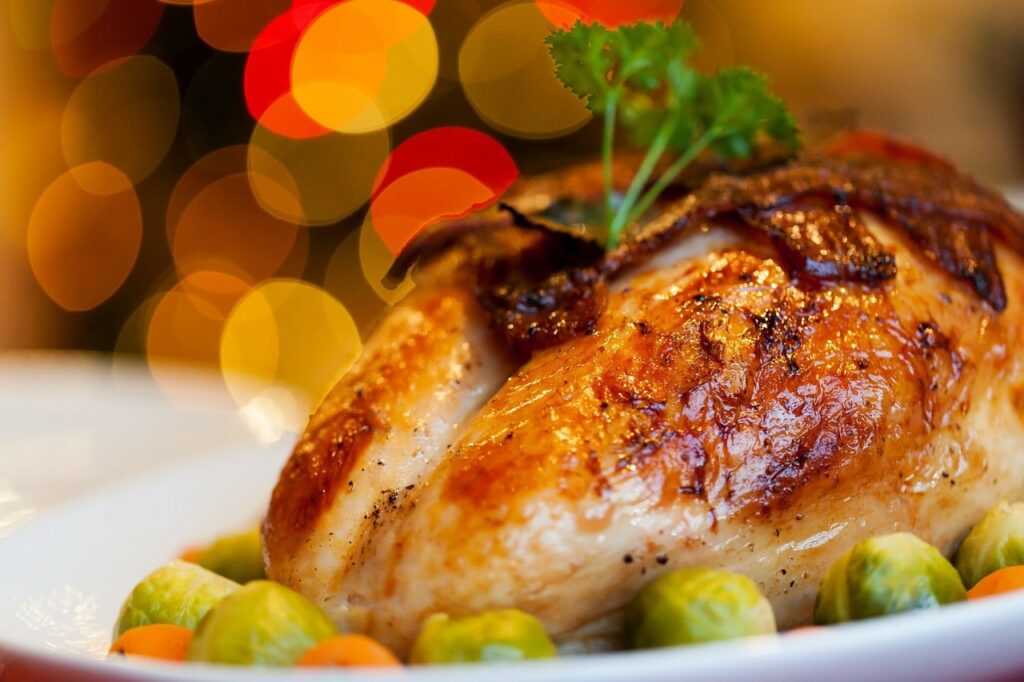‘Tis the season for family gatherings and shared dishes. While the majority of us don’t have to worry about the food we’re eating, elderly people have to be a little bit more cautious.
As we get older, our immune systems weaken, making it harder to fight off bacteria and serious illness. Stomach acids decrease (which controls bacteria) and kidneys weaken (which also filter out bacteria). Once a senior contracts a food-borne illness, it can be difficult to treat and they can reoccur.
Worried about your loved one this holiday season? Follow these ten basic guidelines from Caring.com to preventing food-borne illnesses.
10 Food Guidelines for the Elderly
- Check your dishes with a good food thermometer
- Always reheat leftovers to 165° Fahrenheit.
- Don’t eat foods with mayonnaise that’ve been left out more than two hours.
- Cook meat, eggs and fish to proper temperatures.
- Store food at the proper temperature.
- Carefully wash hands before, during and after meal preparation.
- Keep raw meats separate from ready-to-eat foods to avoid cross contamination.
- Thaw foods in the refrigerator, under cold water or in the microwave right before cooking.
- Pay attention the food dates and refrigerate perishable foods right when you get home.
- Avoid risky foods such as undercooked meats, unpasteurized dairy products or raw eggs.
